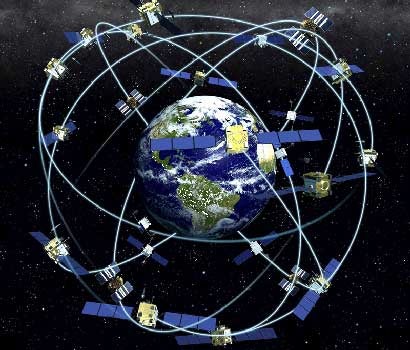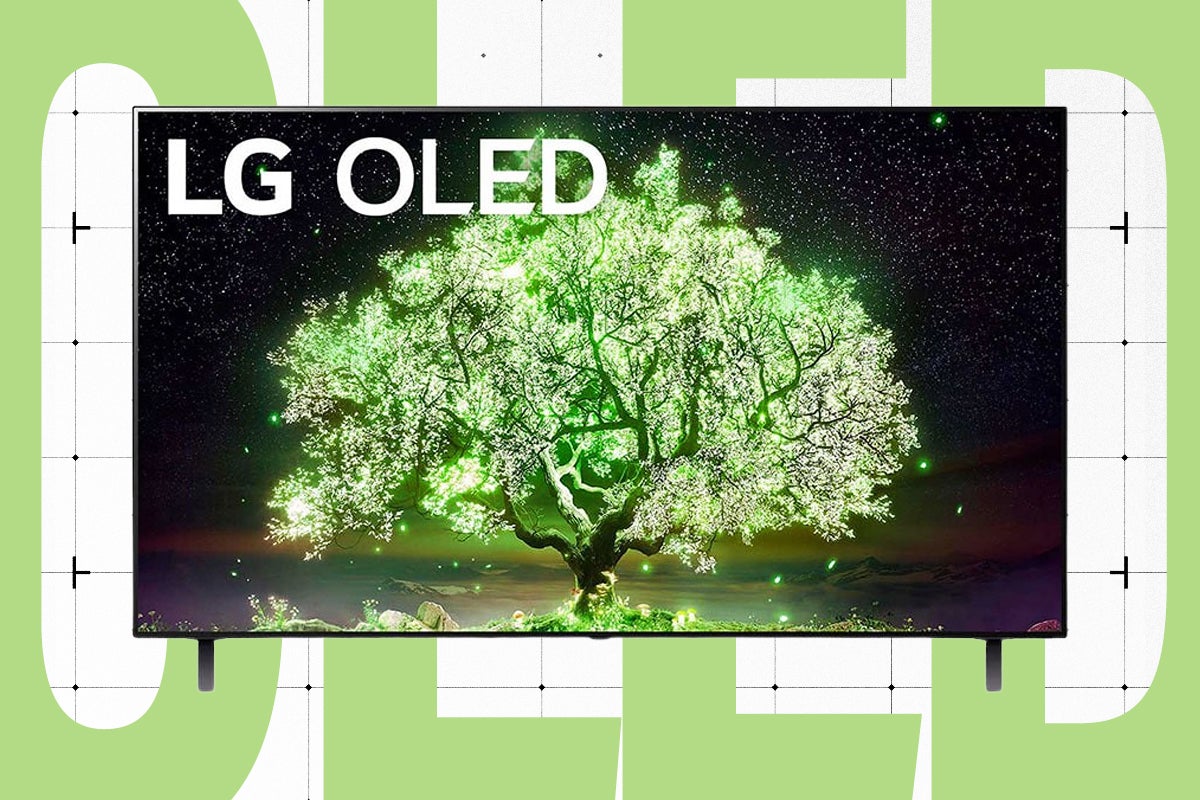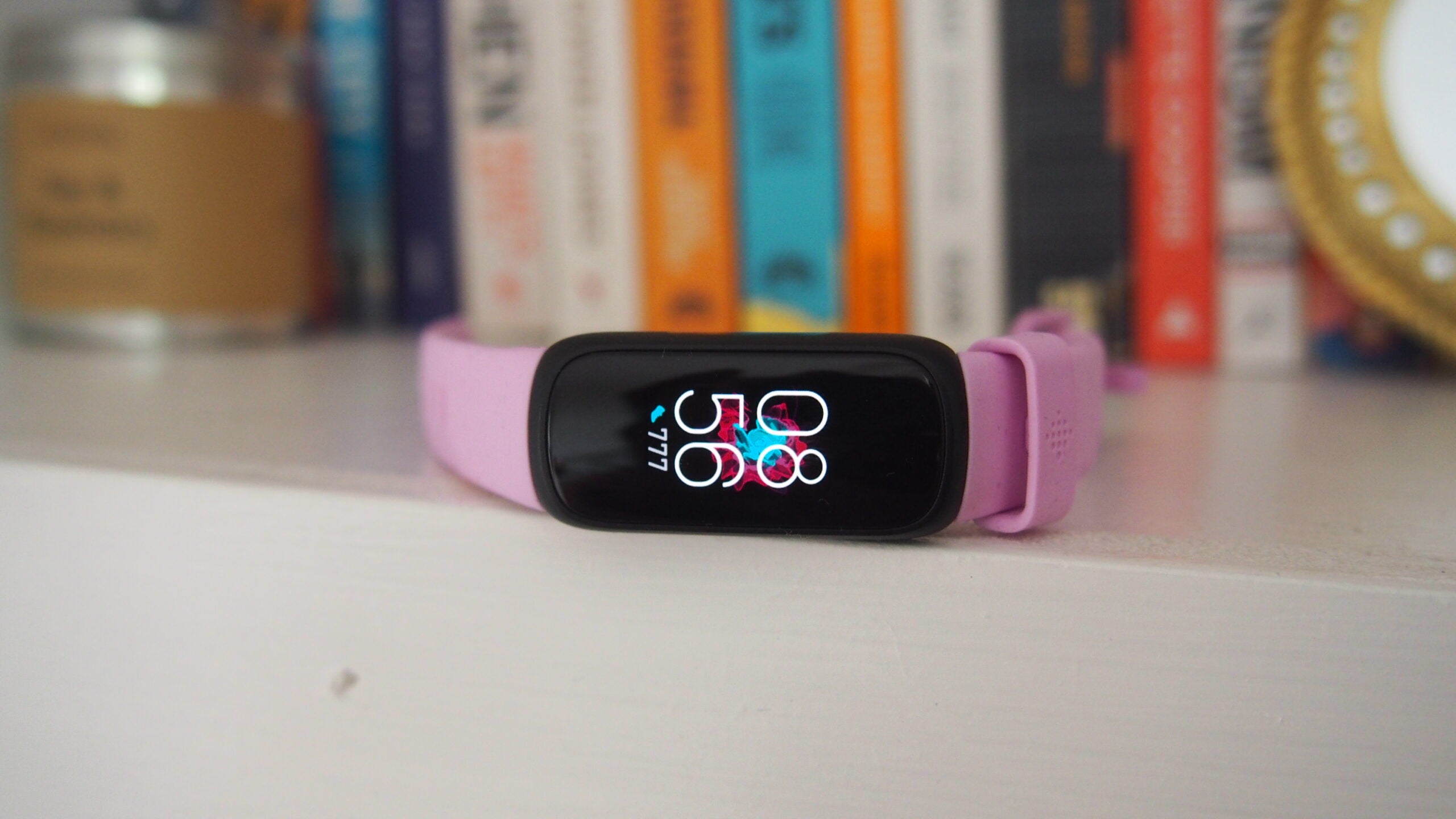What is GLONASS?

Are you ever curious as to how the world’s navigation system works? In this article, we’re going to explain what Glonass is and why it’s so important.
If you own a recent wearable, like the Garmin Fenix 7 or an Apple Watch 7, you have likely come across some version of GPS technology. But not every country uses the same GPS system, and there are actually multiple types of navigation technology in use.
Keep reading to find out what GLONASS is, where it’s used and why this technology is so important.
What is GLONASS?
GLONASS is short for Global Navigation Satellite System (GNSS) and it is actually the Russian navigation system that consists of 24 different satellites. GLONASS started development in 1976, and in a similar story to the American GPS navigation system, it was originally for the military.
In 2010 GLONASS achieved full coverage of Russia’s territory and by the end of 2011 it was able to reach full global coverage.
GLONASS is also not the only GNSS system, there is also Galileo, which is used in Europe, GPS for the USA and BeiDou in China. All four systems are designed to do the same job of accurately and securely determining locations.
The GLONASS system works via the 24 satellites which use 12 frequencies. The satellites can share information and data with each other, with one satellite being able to determine its location by measuring the distance between itself and at least three other satellites in orbit.
What are the different iterations of GLONASS?
There are a couple of versions of GLONASS, though we’re only going to focus on the one that is currently in place and the next-generation iteration.
GLONASS-K2 was launched in 2015 and is the version that is currently being used while GLONASS-KM is the version that is expected to launch in 2022 and is currently still being researched.
The aim of the latest version of the technology is to provide better signal accuracy and to broadcast either FDMA or CDMA signals, as opposed to the previous generation that more commonly broadcast only FDMA.
The new satellites should also help maintain the current orbit constellation, with extra satellites added in to increase the navigation accuracy in the Eastern hemisphere specifically. It should also improve the accuracy of GLONASS during difficult conditions, like locations that only can receive signals from satellites at least 25-degrees above the horizon.
Is GLONASS accurate?
GLONASS is not as accurate as GPS, with the Russian technology having a position accuracy of between 5 and 10 metres, while GPS sits between 3.5-7.8 metres. That means that overall, GPS is more reliable te when it comes to pinpoint accuracy, though GLONASS is still impressively close.
What devices support GLONASS?
Some smart devices, such as smartwatches or mobile phones, utilise GLONASS since it is pretty accurate when it comes to navigation. While we can’t give any definitive numbers, we know that the GNSS technology has been launched at a global level, meaning that it could, in theory, be used on any device anywhere in the world and still be effective.
Check out the list below to see a couple of the devices that use GLONASS technology:
- Apple Watch Series 7
- Garmin Fenix 6 Pro Solar
- Garmin Instinct 2
- Garmin Fenix 7
- Garmin Fenix 7X
- Samsung Galaxy Watch 4
- iPhone 13
- iPhone 13 Pro
- iPhone 13 Pro Max
- Pixel 6
- Pixel 6 Pro
While this is not the conclusive list of devices that do feature GLONASS, you can see how many different brands and product types have taken on the technology. For smartwatches specifically, a service like GLONASS is helpful, as it allows users to check where they are and to get accurate data on how far someone has walked or hiked.
That is also why our reviewers usually will favour smartwatches that feature support for GNSS or GLONASS higher, as they will provide better mapping services, based on our experiences.








